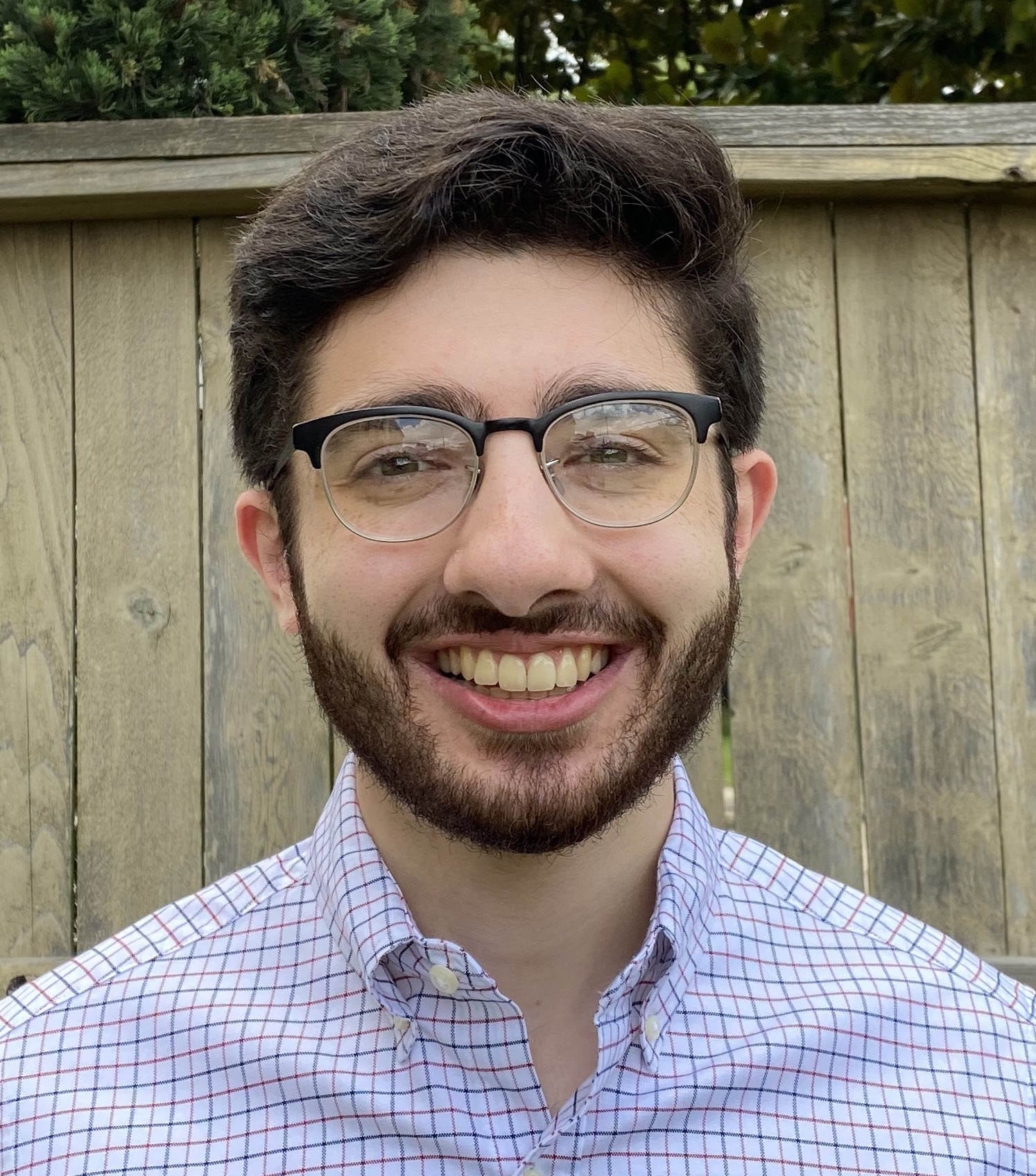
Sameer Sidiq is one of the students in the prestigious Pharis Fellowship program, a 10-week undergraduate research program, offered through the Data Analytics in Student Hands (DASH) program. He is currently a senior with a double major in economics and biology at UH.
His previous research and projects incorporated econometric methods to inspect the effects of Medicaid expansion on federal welfare take-up. In the future, Sidiq plans to attend medical school and continue utilizing data to comprehend health policies.
How did you discover this fellowship? What inspired you to join?
SS: Despite COVID-19, I knew I still wanted to have an intensive, collaborative summer experience to work on data and health policy. Luckily, I ran across an email from an academic advisor advertising the fellowship and decided to give it a shot.
One of the things that stood out to me was the confidence the instructors had in us [students] to make an impact with data science. Like most of my peers, I was hesitant to devote an entire summer to a field I’d barely explored. From day one, it was clear that a desire to produce impact-driven research was enough of a qualification to be a Pharis fellow.
Briefly describe your project. How will your project benefit the community?
SS: Texas has the highest rate of rural hospital closures in the nation. Most often, these rural hospitals treat disproportionate numbers of uninsured patients who cannot pay their bills.
In 2011, Texas partnered with the federal government through its Medicaid program to fund hospitals that treat low-income, uninsured patients in an attempt to relieve their financial burden.
My project is trying to understand 1) if this Medicaid provision prevented rural hospital closures in Texas and 2) how its effect is moderated by hospital patients and financial characteristics.
This Medicaid program is up for renewal in 2021, so my project will be able to inform Texas and federal policymakers in the evaluation of their program’s effectiveness and structure moving forward.
How did the fellowship impact your goals and potential career path? What are your future goals?
SS: This fellowship has changed the way I approach my own education. This summer, I’ve been able to identify unique connections between political scientists, business majors and data scientists to answer questions meaningful to me.
I plan to attend medical school and then start a research career working in this kind of multidisciplinary environment.
Why should other students join this fellowship?
SS: Taking ownership of my research project, from identifying my questions to finding datasets and visualizing my results, has been an incredible way to grow as a researcher. Students here are passionate about an overwhelming range of topics, from criminal justice to community health, and they learn how to investigate them together.
This is one of the many opportunities that exist on campus for students to translate their passions into focused questions. Students will be able to speak with stakeholders and advocates across Houston’s environmental and health sectors. I know the problem-solving and technical skills I’ve gained in such a supportive environment will serve me and other students well beyond this summer.